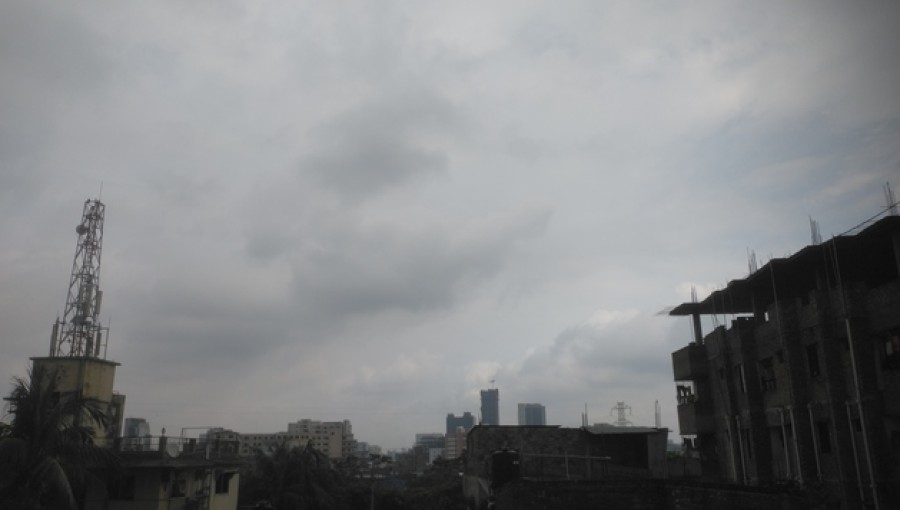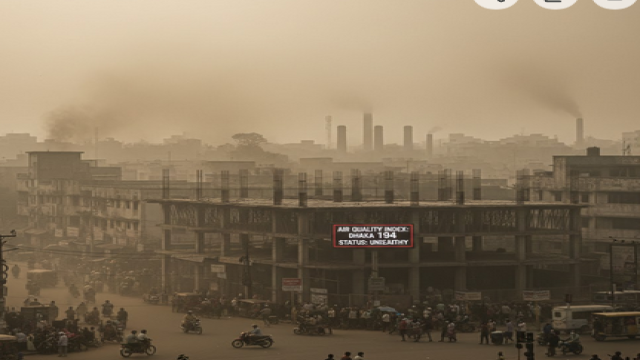Dhaka, Bangladesh, has been noted with an Air Quality Index (AQI) score of 58 as of 8:55 am this morning, placing it in the 'moderate' category. This ranking positions Dhaka 44th globally among cities grappling with air quality challenges, reflecting ongoing efforts to monitor and manage environmental conditions.
The AQI serves as a crucial indicator of daily air quality, informing residents about potential health impacts associated with pollution levels. In Dhaka, this index considers particulate matter (PM10 and PM2.5), NO2, CO, SO2, and ozone concentrations to gauge air quality comprehensively.
While Dhaka currently enjoys a 'moderate' air quality status, the city faces seasonal fluctuations. Air quality typically declines during winter months due to increased biomass burning for heating and cooking, while the monsoon season brings temporary relief by clearing pollutants from the air.
Globally, cities like Delhi, Kinshasa, and Jakarta top the list with significantly higher AQI scores, reflecting severe pollution challenges. Delhi, India, for instance, reported an AQI of 189, marking it as 'unhealthy' for residents.
According to the World Health Organization (WHO), air pollution remains a critical global health issue, contributing to approximately seven million deaths annually. Health impacts linked to poor air quality include increased mortality from stroke, heart disease, chronic obstructive pulmonary disease (COPD), lung cancer, and acute respiratory infections.































Comment: